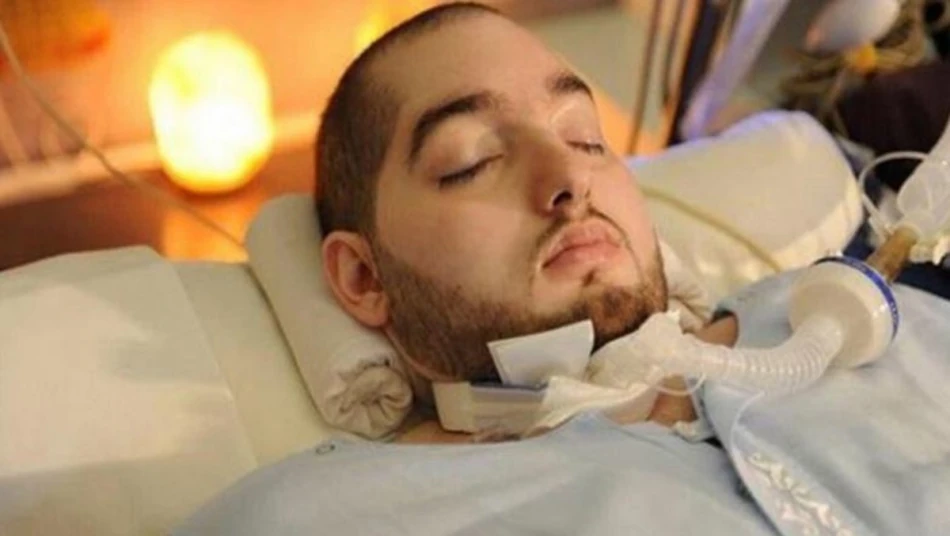
Renowned Saudi Prince Khalid bin Talal Passes Away After Prolonged Illness
Saudi Prince Waleed bin Khalid bin Talal Dies After 20-Year Coma Following Traffic Accident
Prince Waleed bin Khalid bin Talal, known throughout Saudi Arabia as the "Sleeping Prince," has died after nearly two decades in a coma following a devastating car accident in 2005. His prolonged medical condition became a symbol of resilience and drew widespread sympathy across the Kingdom and beyond, highlighting the human cost of road traffic incidents that remain a significant public health challenge in Saudi Arabia.
A Two-Decade Medical Journey
The prince's tragic story began in 2005 when a severe traffic accident left him in a coma that would last until his death. For nearly 20 years, he remained under continuous medical care, earning him the poignant nickname "الأمير النائم" (the Sleeping Prince) among Saudis who followed his condition with deep concern.
His case became widely known throughout the Kingdom, with many citizens and royal family members maintaining hope for his recovery throughout the years. The extended period of medical care represents one of the longest documented coma cases in recent Saudi medical history.
Funeral Arrangements and Royal Protocol
According to Saudi media reports, funeral prayers will be held on Sunday afternoon following Asr (afternoon) prayers at the Imam Turki bin Abdullah Mosque in Riyadh. The choice of this prominent mosque, named after a significant historical Saudi ruler, reflects the prince's standing within the extended royal family.
The funeral arrangements follow traditional Islamic and Saudi royal customs, with the timing allowing for family members and dignitaries to pay their respects in accordance with established protocols.
Road Safety Context in Saudi Arabia
The prince's case underscores ongoing concerns about road safety in Saudi Arabia, where traffic accidents have historically been a leading cause of death and serious injury. The Kingdom has invested heavily in road infrastructure and safety campaigns over the past two decades, partly driven by high-profile cases like this one that brought national attention to the issue.
Saudi Arabia's Vision 2030 reform program includes specific targets for reducing traffic fatalities, reflecting the government's recognition that road safety remains a critical public health priority. The prince's prolonged condition served as a constant reminder of how a single moment can alter lives permanently.
Medical Care and Family Dedication
The nearly 20-year period of medical care demonstrates both the advances in life-support technology and the dedication of the Saudi healthcare system to maintaining patients in persistent vegetative states. The case also reflects the financial and emotional resources that the royal family committed to his care over two decades.
His condition drew sympathy from across Saudi society, with many citizens following updates on his health and expressing support for his family throughout the years. This public attention helped maintain awareness about both road safety issues and the challenges faced by families dealing with long-term medical conditions.
Most Viewed News

 Sara Khaled
Sara Khaled






